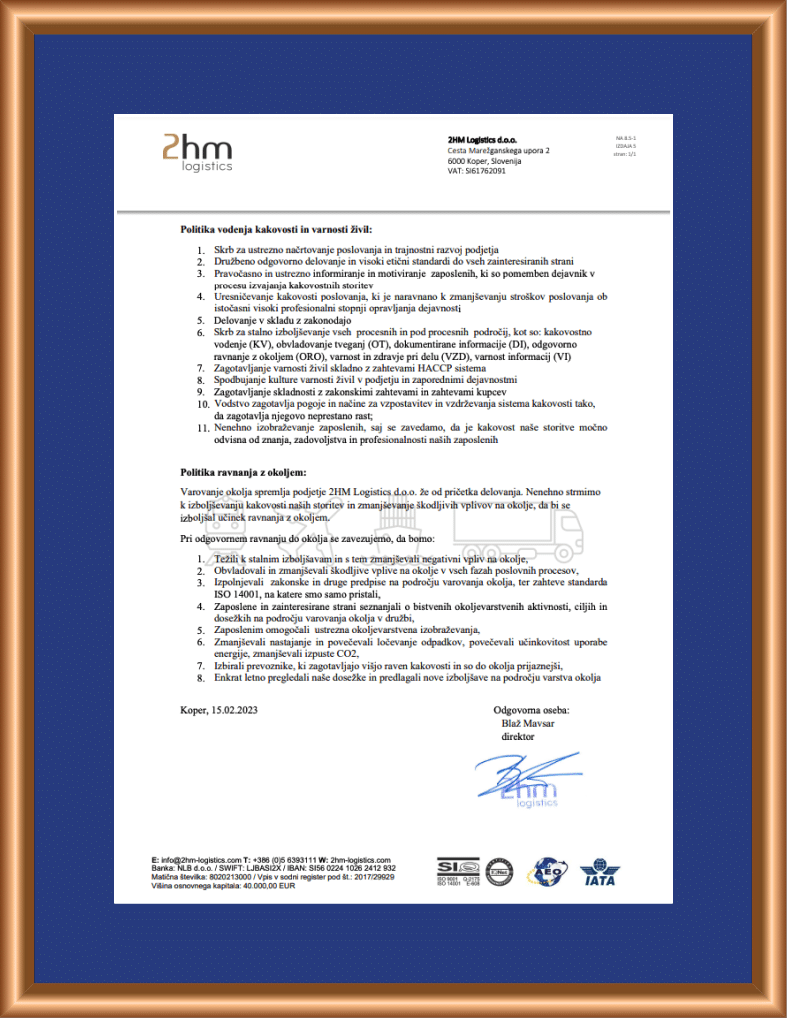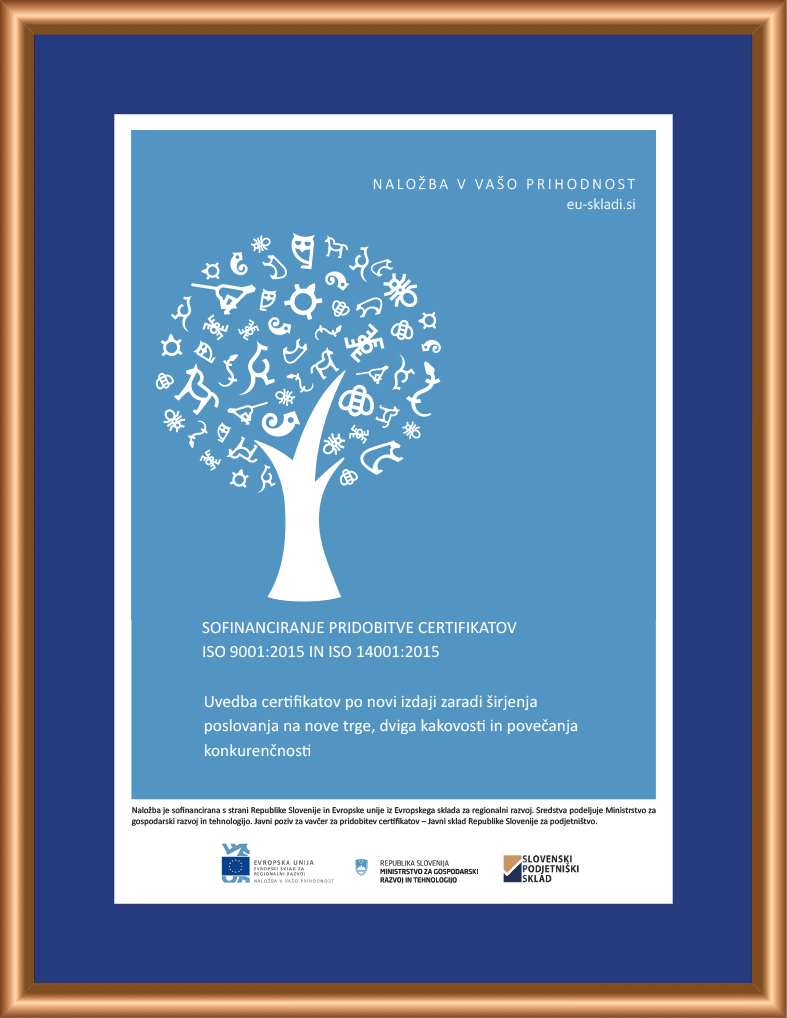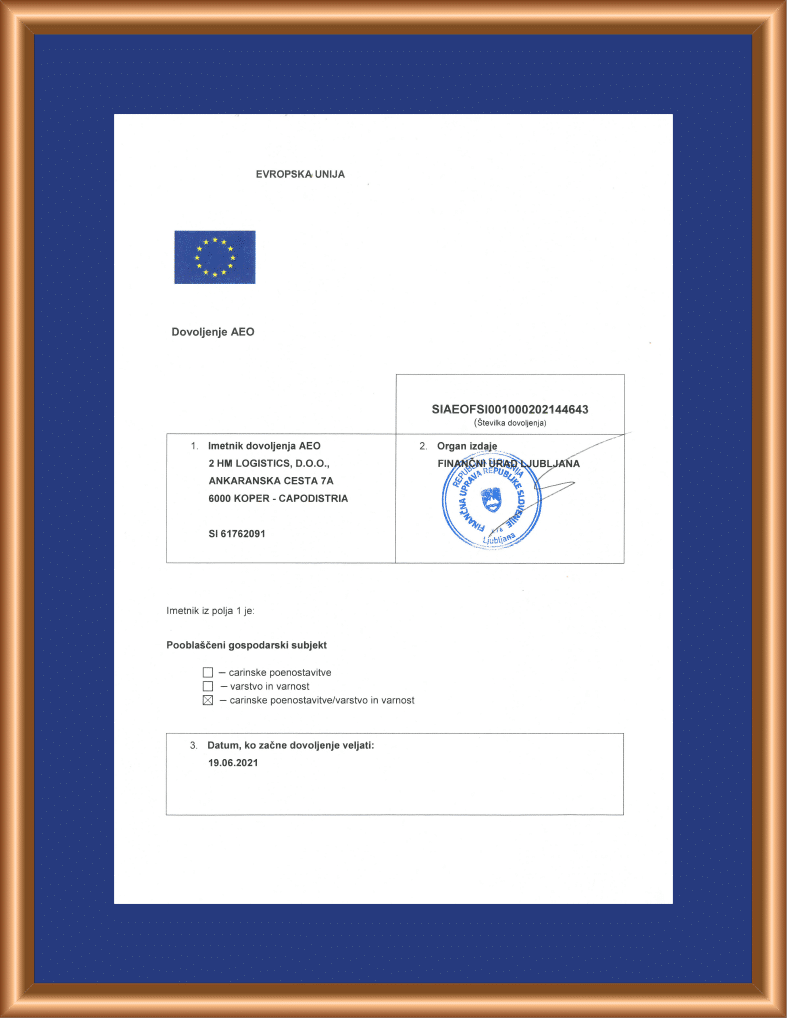Customs Clearance
Paperwork is hard. We get it. That’s why at 2hm logistics we have a customs clearance service designed to make the process as easy and painless as possible for you. Our customs experts will help you with all the paperwork and ensure that your goods are cleared quickly and efficiently. So you can get on with your business.
Customs Clearance
Paperwork is hard. We get it. That’s why at 2hm logistics we have a customs clearance service designed to make the process as easy and painless as possible for you. Our customs experts will help you with all the paperwork and ensure that your goods are cleared quickly and efficiently. So you can get on with your business.
Services
What is Customs Clearance?
Customs clearance is the essential process of ensuring that goods meet all legal requirements and regulations to be imported into or exported from a country. This involves the submission of necessary documentation, payment of duties and taxes, and compliance with various regulations specific to the type of goods being transported. The process can be complex and time-consuming, often requiring in-depth knowledge of international trade laws, tariff classifications, and local customs procedures.
Importance of Customs Clearance
Most countries have laws and regulations that govern the import of goods. These laws are designed to protect the country’s economy, safety and environment.
In order to ensure that your goods comply with all the relevant laws and regulations, you will need to get a customs clearance. This is a document that says your goods are allowed to be imported into the country.
Customs Clearance at the Ports of Koper and Rijeka
The Ports of Koper and Rijeka, situated on the Adriatic Sea, are pivotal gateways to Central and Eastern Europe and serve as key hubs for 2HM Logistics. Both ports boast modern facilities and advanced cargo handling systems, efficiently managing goods entering Europe, including cargo from Asia. Offering Fiscal Representation, with deferred customs duties and VAT, they provide significant advantages to international traders. Our expert customs clearance services at both the Port of Koper and the newly opened Port of Rijeka ensure seamless processing, utilizing their extensive rail and road connections to streamline your logistics needs.
Benefits of using Customs Clearance Representative
A customs broker or customs clearance agent is a critical asset in the customs clearance process. These professionals are trained and experienced, ensuring that your customs dealings are handled expertly.
- Expert Guidance: Our customs brokers help with all the necessary paperwork, simplifying the complexities of customs processes.
- Efficient Processing: We ensure that your goods are cleared quickly and efficiently, minimizing any potential delays.
At 2HM Logistics, our team of experienced customs brokers is dedicated to supporting all your customs clearance needs.
What happens after customs clearance processing is complete?
Once the customs process is complete, you will be able to collect your goods. You may need to provide proof of payment and other documents before you can collect your goods. If you are importing goods into the country, you will need to get a customs clearance. This is a document that says your goods are allowed to be imported into the country.
Custom Clearance Process
The process of customs clearance can vary depending on the country you are importing into and the type of goods you are importing. However, there are some general steps that all import processes follow.
- Identify the applicable laws and regulations: The first step is to identify the laws and regulations that apply to your goods. This can be a complex process, but our experts can help you navigate the maze of laws and regulations.
- Obtain the required documents: Once you have identified the applicable laws and regulations, you will need to obtain the required documents. These may include an import license, a certificate of origin and a bill of lading.
- Submit the documents to customs: Once you have all the required documents, you will need to submit them to customs. This can be done electronically or in person.
- Pay any applicable taxes or fees: After your documents have been submitted, you will need to pay any applicable taxes or fees. These can vary depending on the country you are importing into and the type of goods you are importing.
- Collect your goods: Once the taxes and fees have been paid, you will be able to collect your goods. You may need to provide proof of payment and other documents before you can collect your goods.
FAQs
What does failed electronic customs clearance mean?
Failed electronic customs clearance is when the customs authority is unable to process your customs clearance documents electronically. This can be due to a number of reasons, such as incorrect or missing information.
What is a customs bond?
A customs bond is a type of insurance that covers the cost of any duties and taxes that may be owed if your goods are not allowed into the country.
What is an import quota?
An import quota is a limit on the amount of goods that can be imported into a country. This is usually done to protect the domestic market from foreign competition.
Who pays customs clearance?
The importer is responsible for paying customs clearance fees.
What does formal customs clearance required mean?
Formal customs clearance required means that the customs authority needs to see the original documents before they can clear your goods.
Documents Required for Customs Clearance
The documents you need for customs procedures can vary depending on the country you are importing into and the type of goods you are importing. However, there are some general documents that all import processes require.
- An import license: An import license is a document that allows you to import goods into the country. You will need to apply for an import license from the relevant authorities.
- A certificate of origin: A certificate of origin is a document that proves where your goods come from. This can be important for customs purposes and for determining any applicable taxes or tariffs.
- A bill of lading: A bill of lading is a document that proves that you are the owner of the goods you are importing. This document is usually issued by the shipping company.






